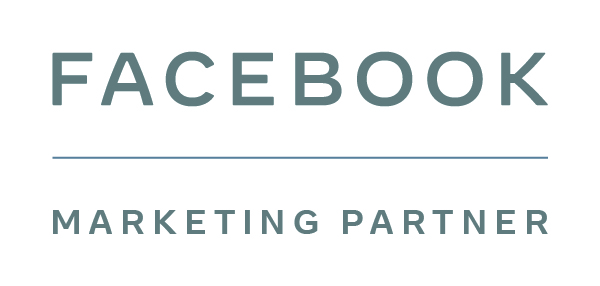Facebook is one of the most popular platforms for pay-per-click (PPC) advertising. With users willingly submitting information to the site, advertisers can target their adverts at specific ages, genders or even people with specific interests.
That may be about to change slightly, however, as Facebook has removed more than 5,000 targeting options from its advertising platform. Read on as we discuss the changes and how it could affect your PPC campaigns.
The popularity of Facebook ads
PPC advertising can be huge for ecommerce businesses. It guides traffic to your site for relatively little cost with a big potential return on investment. With more than a billion active users, Facebook offers up a pretty hefty audience for those PPC ads.
Even better, as mentioned, advertisers can make sure their ads reach the right people by targeting them using a number of filters. This can be anything from age and location to liked pages or recent check-ins.
It’s a platform that’s proven popular among businesses, with 1.5 million of them spending money on mobile advertising through the platform and 92% of social marketers using it to advertise. So, it’s no surprise Facebook ads is the biggest source of revenue for the social media giants.
The Cambridge Analytica effect
One type of filter on Facebook ads was Partner Categories. This allowed advertisers to target users based on personal information from Facebook’s ‘partners’ – hence the name. These partners were huge companies like Experian, so the information included things like earnings and workplace.
Unfortunately, while this information was of huge value to marketers, it was third-party data that Facebook really shouldn’t have been using – as we found out during the Cambridge Analytica scandal. So, they removed Partner Categories to avoid any more bad publicity – not to mention legal proceedings.
New anti-discriminatory changes
But that wasn’t the last of the trouble for Facebook and their PPC ads. They have also been accused of allowing advertisers to discriminate, with the option to filter out certain races, religions or even disabilities.
One particular case in the US alleged that Facebook was allowing landlords and home sellers to filter prospective tenants and homebuyers when advertising properties.
Cue another update, this time with the non-discrimination policy. An announcement on the site explains how “Ads are discriminatory when they deny opportunities to individuals or groups of people based on certain personal attributes such as race, ethnicity, national origin, religion, age, sex, sexual orientation, gender identity, family/marital status, disability or medical or genetic condition”.
“While discrimination is prohibited, you may target ads to a specific audience based on known interests that align with the product or service you’re advertising.”
How will it affect you?
In short, not much. The changes to Facebook ads are completely reasonable and will have a minimal impact at worst. Remember, Facebook makes a lot of money from Facebook ads, so they want to ensure the platform is still useful for marketers.
While they haven’t released a list of the specific filtering options which have been removed, we know they will restrict the way users are excluded. Take location, for instance. You won’t be able to exclude certain areas, but you can target a particular region if it makes sense for your brand and your advert to do so.
As long as you already run your PPC campaigns in an principled way, you won’t be affected by changes aiming to make things more ethical.
Need any help?
With the right knowledge and experience on your side, PPC can be a powerful tool for ecommerce merchants. At Fluid Digital, we provide that in abundance – with a team of time-served ecommerce specialists. We have exactly what it takes to fine tune your PPC campaigns and maximise ROI. Feel free to contact Fluid today for more information.





